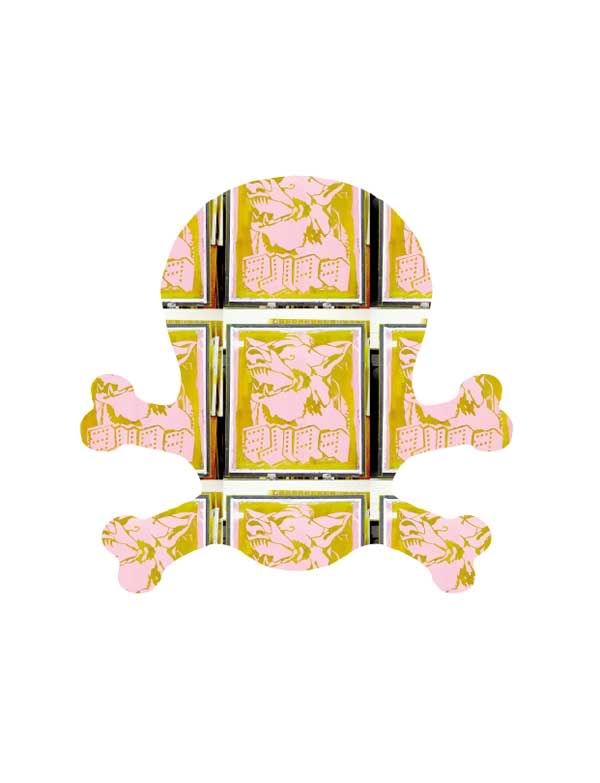
Work by Ian Huebert, Zachary Schomburg, Jesse Nathan and yours truly goes down semi-regularly at www.TheMilkMachine.com
Bookmark that shit. Tell your aunts but not your uncles.


Baran, Jessica. Remains To Be Used.
Barnes, Djuna. Nightwood.
Ceravolo, Joseph. Spring in this World of Poor Mutts.
Farivar, Rebecca. Correct Animal.
Ford, Ford Maddux. The Good Soldier.
Gilbert, Alan. Late in the Antenna Fields.
Hyland, MC. Neveragainland.
Minnis, Chelsey. Poemland.
O'Hara, John. Appointment in Samarra.
Rhys, Jean. Good Morning, Midnight.
Seldess, Jesse. Left Having.
Toomer, Jean. Cane.
Zola, Emile. L'Assommoir.
But I know quite well that all this is hallucination, imagination. Venus is dead; Apollo is dead; even Jesus is dead.
All that is left in the world is an enormous machine, made of white steel. It has innumerable flexible arms, made of steel. Long, thin arms. At the end of each arm is an eye, the eyelashes stiff with mascara. When I look more closely I see that only some of the arms have these eyes--others have lights. The arms that carry the eyes and the arms that carry the lights are all extraordinarily flexible and very beautiful. But the grey sky, which is the background, terrifies me...And the arms wave to an accompaniment of music and of song. Like this: "Hotcha--hotcha--hotcha..." And I know the music; I can sing the song... (187)

 NO PERCH is a new reading series that looks fun. Go to their WEBSITE to watch Mathias Svalina rocking it in a convenience store.
NO PERCH is a new reading series that looks fun. Go to their WEBSITE to watch Mathias Svalina rocking it in a convenience store.






